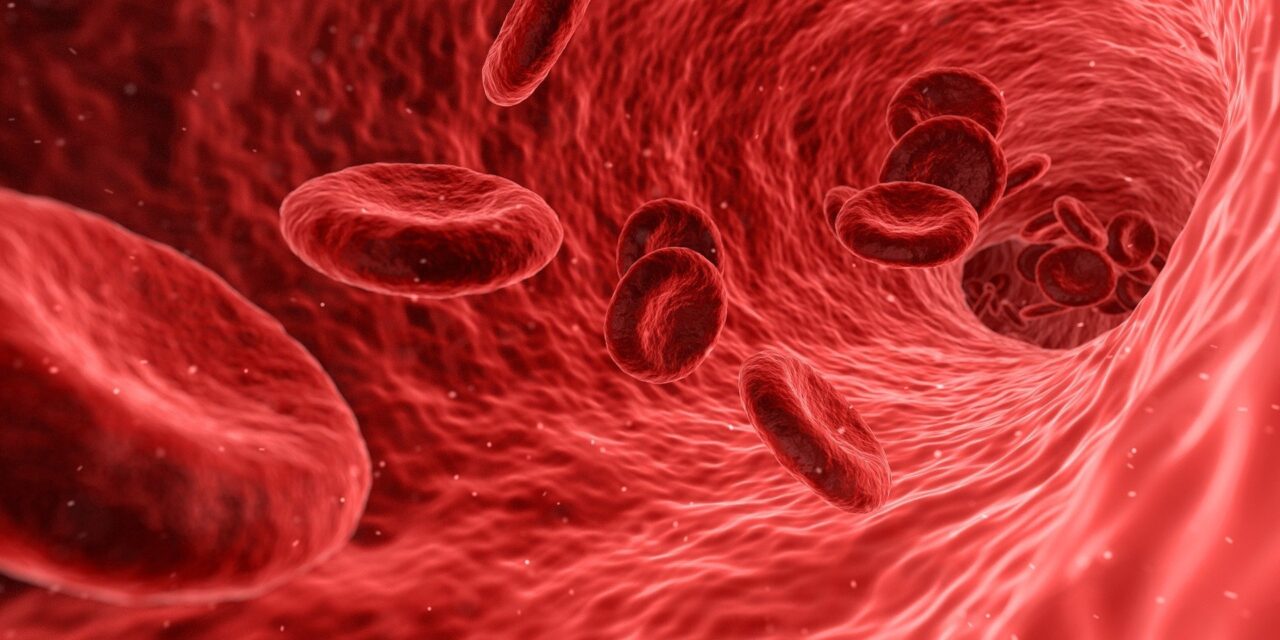Researchers have identified and analyzed a rare but serious side effect associated with CAR-T cell therapy, a groundbreaking treatment for certain types of blood cancer. Scientists from the University of Leipzig Medical Center, the Fraunhofer Institute for Cell Therapy and Immunology (IZI), and the University Hospital of Cologne have published their findings in Nature Medicine.
CAR-T cell therapy is a cutting-edge approach used in treating relapsed cases of blood cancers such as multiple myeloma and lymphoma. This treatment involves modifying a patient’s T lymphocytes (T cells) to specifically recognize and attack cancer cells. However, a recent case study has revealed a potential complication.
A 63-year-old patient who underwent CAR-T cell therapy at the University Hospital of Cologne developed T cell lymphoma nine months after the procedure. The tumor originated from the genetically modified T cells used in the treatment, marking one of the first documented instances of this phenomenon.
Leading the study, Professor Marco Herling from the University of Leipzig Medical Center and Dr. Till Braun from the University Hospital of Cologne collaborated with a team of specialists to investigate this case. According to Professor Maximilian Merz, the corresponding author of the study, the findings will help researchers understand and mitigate the risks associated with CAR-T cell therapy.
The study revealed that pre-existing genetic mutations in the patient’s hematopoietic cells, in addition to the modifications introduced during therapy, contributed to the development of the lymphoma. By employing advanced next-generation sequencing techniques, researchers analyzed the genetic and molecular mechanisms underlying the tumor’s growth. Whole-genome sequencing helped identify specific genetic alterations, while single-cell RNA sequencing provided insight into the transcriptome of the CAR-T cells.
The rapid collaboration between clinicians and scientists allowed for a comprehensive analysis of the case. The University of Leipzig Medical Center, recognized as one of Europe’s leading institutions for CAR-T cell therapy and T cell lymphoma treatment, played a critical role in advancing this research.
Professor Merz emphasized the importance of these findings, stating, “This case provides valuable insights into the emergence and development of CAR-bearing T cell lymphoma following innovative immunotherapies and highlights the significance of genetic predispositions for potential side effects.”
As CAR-T cell therapies become more widely available, researchers are intensifying their efforts to identify risk factors and develop strategies to prevent such adverse outcomes. The research team has also submitted a related paper to the journal Leukemia, which summarizes this case along with nine other documented cases of T cell lymphoma linked to CAR-T cell therapy worldwide. Notably, this manuscript was accepted for publication within a day, underscoring the urgency and significance of the findings.
Professor Herling stressed that while such complications remain exceedingly rare—occurring in less than 1% of cases—it is crucial to raise awareness and understand the mechanisms behind them to improve patient safety.
Disclaimer: While this research highlights a rare side effect of CAR-T cell therapy, it remains an effective and promising treatment for blood cancers. Patients should consult their healthcare providers to discuss potential risks and benefits before undergoing this therapy.












